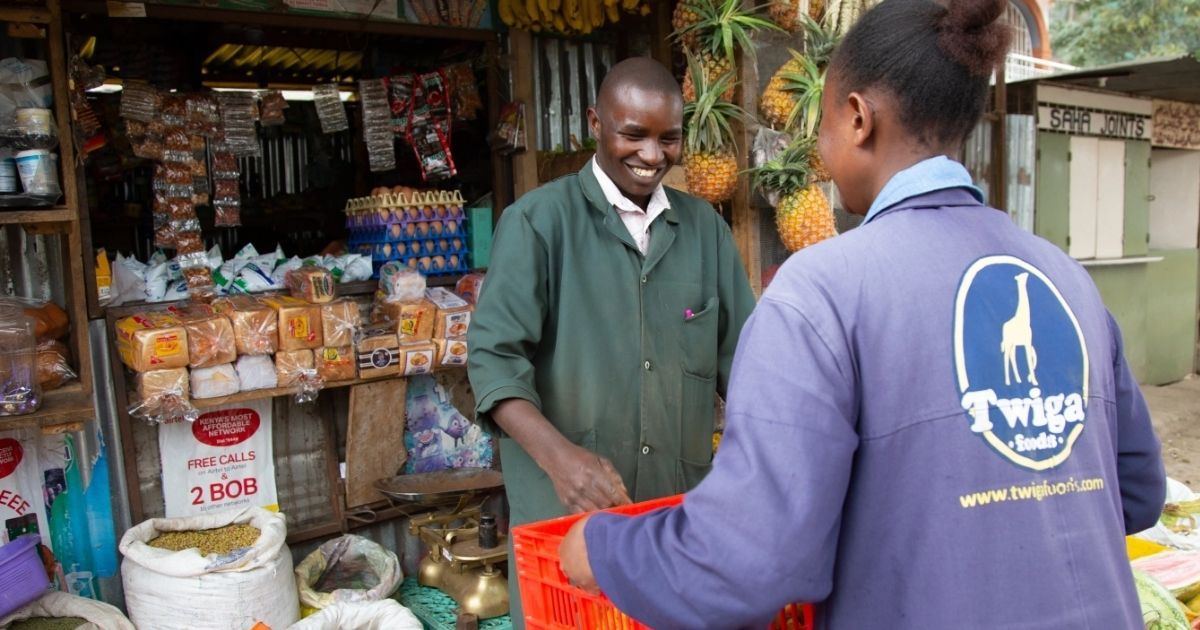Kenya based Twiga embarks on commercial farming with the launch of Twiga Fresh

In sub-Saharan Africa, 90% of retail is informal, highly inefficient and characterised by layers of intermediaries. To curb this, Twiga, a B2B ecommerce startup is launching Twiga Fresh, a new subsidiary, through which it will farm and distribute its own agricultural produce to traders.
The Kenyan startup says it has started growing horticultural products such as onions, tomatoes, and watermelons on its 650-hectare (1,606-acre) plot of land, with a projected annual yield of 150,000 tons of fresh vegetables. In the press statement, Twiga noted it has already committed $10 million to the new initiative, which will be supported by development finance institutions’ debt.
Twiga, a B2B e-commerce platform, simplifies the supply chain between fresh food producers, FMCG manufacturers, and retailers. This removes the need for many intermediaries, significantly lowering the cost of food for consumers. The Kenyan startup has over 100,000 registered customers and delivers to 10,000 every day.
Aside from providing farmers with new markets and customers, Twiga has also improved food supply chain efficiency in its marketplaces by connecting smallholder farmers with informal traders via technology. Twiga asserts that along the way, traceability issues, stock-outs, and price fluctuations have made it difficult for the company to deliver on its promises of affordability and food security. Using Twiga Fresh, their newest private label offering, they hope to have more control over the manufacturing process as a whole.
Twiga stated that it will, however, continue procuring some goods, such as bananas — where the value chains are more “established and efficient” — from partner farmers in order to provide for the 45,000 merchants that it serves on a monthly basis. Since most large-scale horticultural companies in the East African nation export their crops, the company claims its farm is one of the largest commercial fresh produce establishments targeting the domestic market.
“Most of the Africa based investment in modern commercial farming has been made in the export-oriented industry over the years because of the low formality of the domestic food market. This has led to decreasing productivity of local farming, which has impacted both quality and pricing in the market,” said Njonjo who founded the company with ex-CEO Grant Brooke.
“The pricing today on basic fresh produce is one of the highest in history and we are also witnessing increasing importation of basic food items on account of this. Through building a B2B supply chain into informal retail, Twiga has been able to formalize the domestic food market using technology, putting the company in a unique situation to invest in backward integration and solve the problem of declining productivity and increasing cost of food,” he said.
Beyond Kenya, Twiga plans to start operations in Uganda and Tanzania soon and is also exploring new markets in Central and West Africa.
Twiga Foods is Improving Market Access for Farmers and Reducing Food Price in Kenya